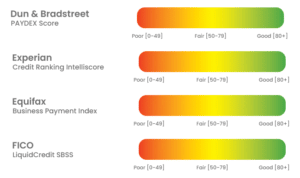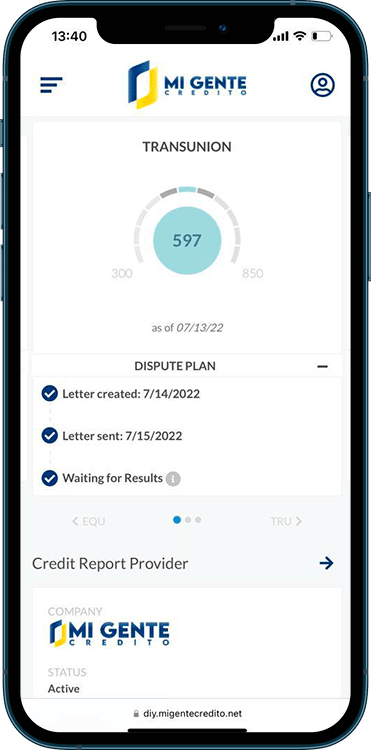If you see an inquiry you don’t recognize, first check to see what type of inquiry it is, hard or soft. Soft inquiries do not affect your credit score and only you can see them. Hard inquiries generally occur when a lender or company accesses your credit report with the intention of extending credit or requesting a new financial obligation.
Lenders can only access your credit report if they have a permissible purpose. That is, they must have a specific and permissible reason under the Fair Credit Reporting Act. If a hard inquiry is the result of fraud, it can be removed from your report. But just because an inquiry on your credit report looks unfamiliar, that doesn’t mean it’s unauthorized or inaccurate.
Merchant credit cards are an example. Sometimes the name of the bank on the credit report is not the same as the company the card is for. If you request to increase your credit line on a credit card you already have, that will often cause a difficult inquiry as well. These are easy to overlook or forget when reading a credit report.
A quick way to check to see if you applied for new credit is to search your email for the name of the creditor on your credit report. If you find an inquiry, check the terms and conditions, which will say whether you gave the creditor permission to access your report.
If you still believe a hard inquiry on your credit report is unauthorized, review this checklist for suggested steps you should take to further protect your credit health:
Contact the lender directly.
Contact information will be on your report
Ask the lender to confirm the account information and inquiry
If the lender cannot confirm the account or if the inquiry was made in error, ask the lender to send a letter directly to each credit reporting agency showing the inquiry to remove it from your credit report.
If you discover that the inquiry was made fraudulently, contact the FTC.
Reporting Identity Theft to the FTC
The FTC also provides a personal recovery plan.
Send a letter to each credit reporting agency requesting removal of the fraudulent inquiry
Include a copy of your FTC Identity Theft Report with your letter
Add a fraud alert to your credit report
A fraud alert will not prevent you from applying for new credit.
A fraud alert will alert creditors who access your report to take additional steps to verify your identity.
Fraud alerts are free and do not affect your credit score.
Consider placing a freeze on your TransUnion credit report.
A credit freeze will help prevent new accounts from being opened in your name.
Placing a credit freeze is free and does not affect your credit score.







